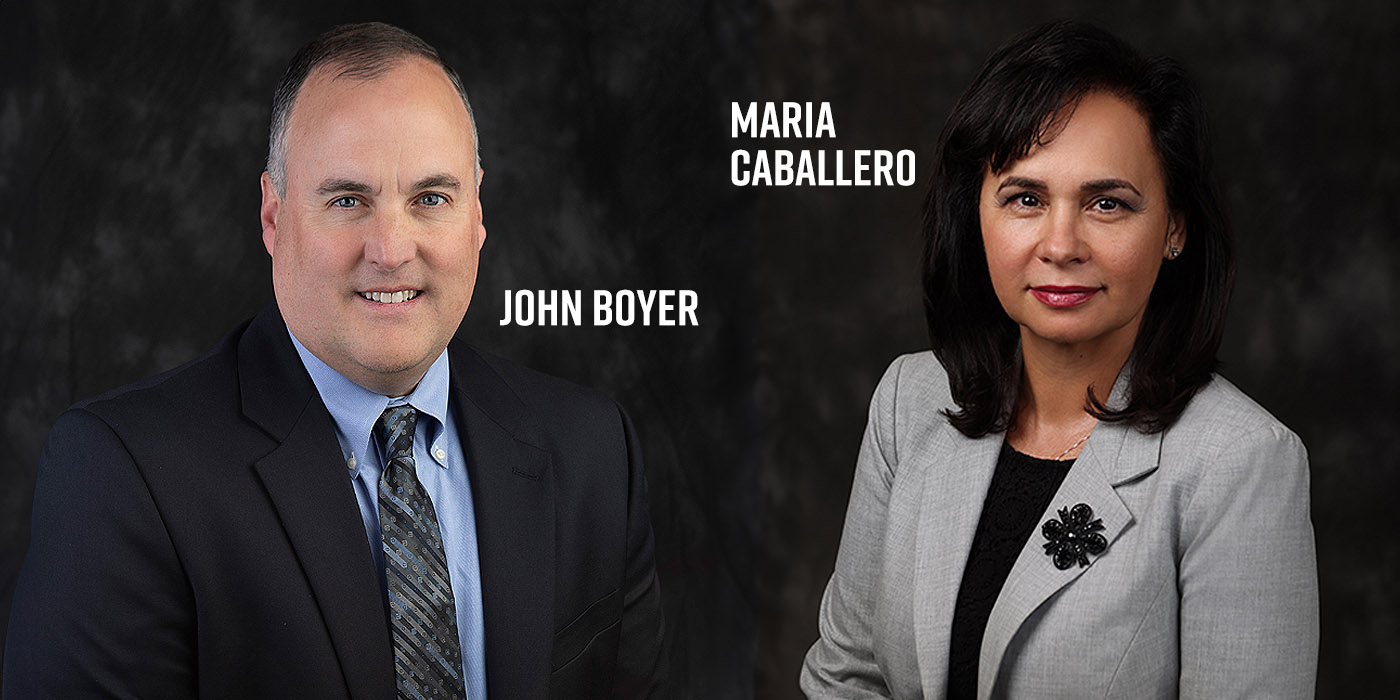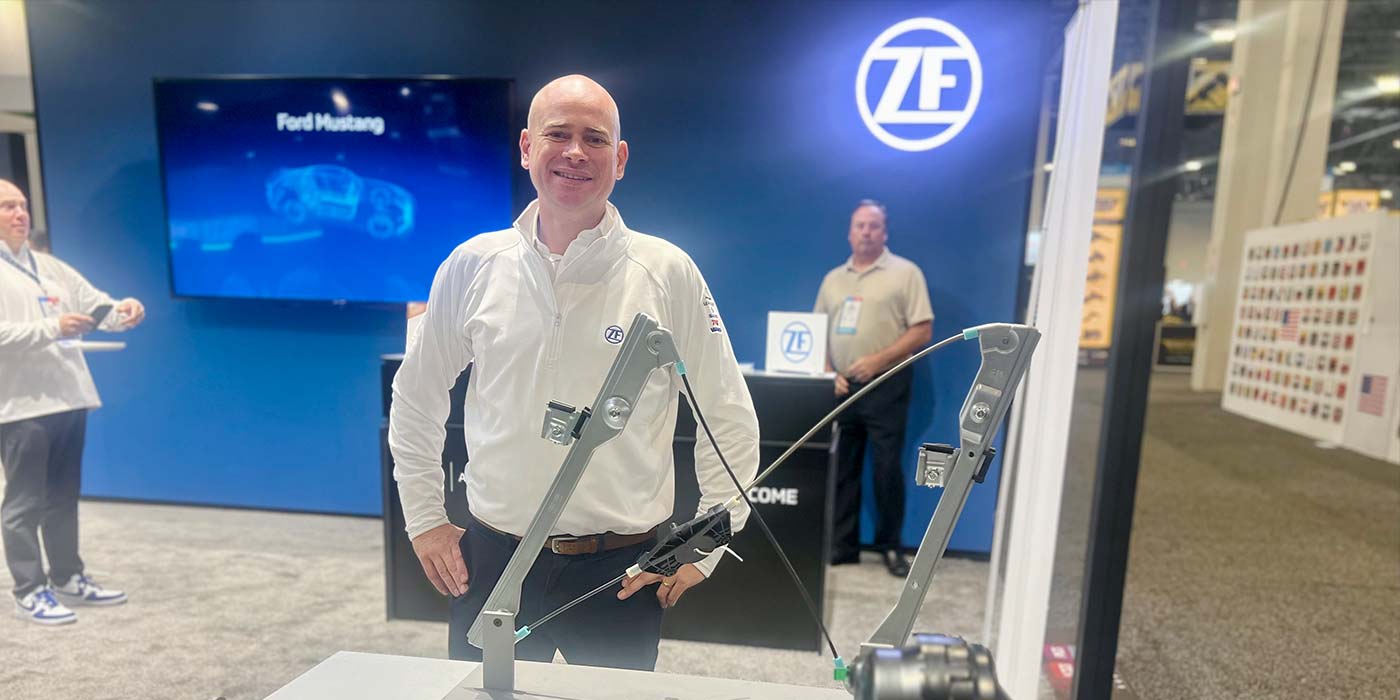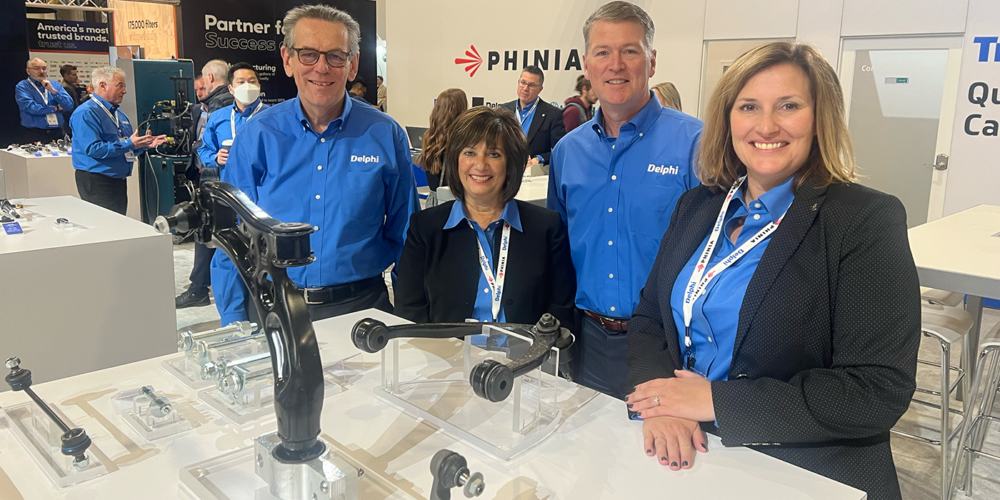In this exclusive interview with Bill Hanvey, president of the Auto Care Association, we look back at some of the most encouraging milestones the aftermarket celebrated in 2020, along with a look at what is in store for the association and its members in 2021.
Stay tuned for exclusive AMN Audio Insights from our interview with Hanvey later this week. He discusses what went into winning the Right to Repair battle in Massachusetts, what’s ahead for the Federal bill and more.
2020 was a challenging year for all of us. However, the automotive aftermarket had a few reasons to celebrate this past year. From your perspective, what were some of the victories for the aftermarket in 2020?
It was a challenging year for the entire industry. I really think that the association and the staff absolutely rose to the occasion. Obviously, the one that gets the most attention is Right to Repair. We were victorious in Massachusetts, and 75% of the voters approved the legislation. That was no small feat due to the fact that we were outspent by the OEMs, who spent $30 million on a complete smear campaign against our industry. The consumers of Massachusetts saw through that.
But, actually the biggest victory for us was having our industry declared essential. That was something that was done, at the outset of the pandemic in March, which entailed a tremendous amount of grassroots efforts of state lobbying, and even lobbying down to local counties by the Auto Care Association.
But the end result was that we got our industry declared essential, and that was significant for us to be able to keep our employment numbers up, to provide the services to the consumers that are essential for nurses and doctors and for the delivery of product. The entire industry should be so proud.
That’s one victory. The next thing is that we evolved our events. We all know that our industry greatly values are face-to-face time. We get a lot of work done and we also enjoy each other’s company, which really makes the industry quite unique. Our event team turned on a dime when this happened and was able to allow for that networking to occur virtually.
The events team did a tremendous job finding great platforms to use and our education department, headed by Amanda Bischoping put out a significant amount of webinars for our industry during the outset of the pandemic to help members understand the paycheck protection program and other issues.
We really were a resource to our members during that time out through those educational webinars. At our leadership days, I noted that our industry can’t make decisions based on fear. We’ve got to make decisions based on fact, and that’s something I have been resolute about during the entire pandemic. Our market research team, led by Mike Chung, introduced a tool called Trendlens, which contains more than 50 data points so that the industry can track, where we are, with leading economic indicators, industry indicators, weather indicators, etc., so that our industry can make more decisions based on fact, rather than fear.
We provided data to the industry that was essential for them to make good business decisions, as well as for grassroots advocacy. I touched on that before, but the only reason we had success in declaring our business or our industry essential is because we created those relationships with the local Congress people, the local legislators up front through our grassroots advocacy. When we went to them and defined our case for being essential, they understood our industry and they understood how essential we were, so that that’s important.
What is in store for the Auto Care Association and its members in 2021?
The main thing is how do we make the supply chain more efficient? That is one of our strategic pillars in terms of supply chain efficiency. I come from the industry, and I know that there’s always opportunity for us to be able to gain a point here or a half a point there by being more efficient inventory control. How can we as an association to assist in the right part at the right place at the right time? That goes back to my earlier point about data. How can we, as an association, provide that data to make our supply chain more efficient? Another thing is the continual focus on education within the industry. That goes hand-in-hand with making the supply chain more efficient.
How can we engage more people to become better business people? How can we recreate our entire networking strategy as an association? Those are some of the big things. Obviously, the continued grassroots advocacy in terms of building those relationships with local Congress, and people getting people engaged in the political process will also be a focus. You have to work for these causes that are so critical to our industry, in order for us to be able to preserve that industry for the generations to come.
In this AMN Audio Insight, Hanvey shares why it’s so critical to become involved in industry associations.















